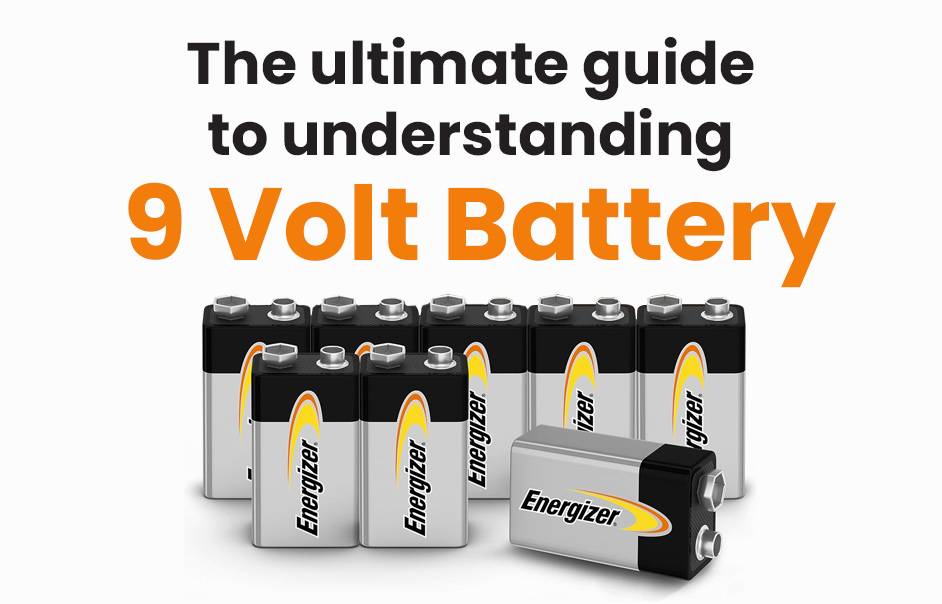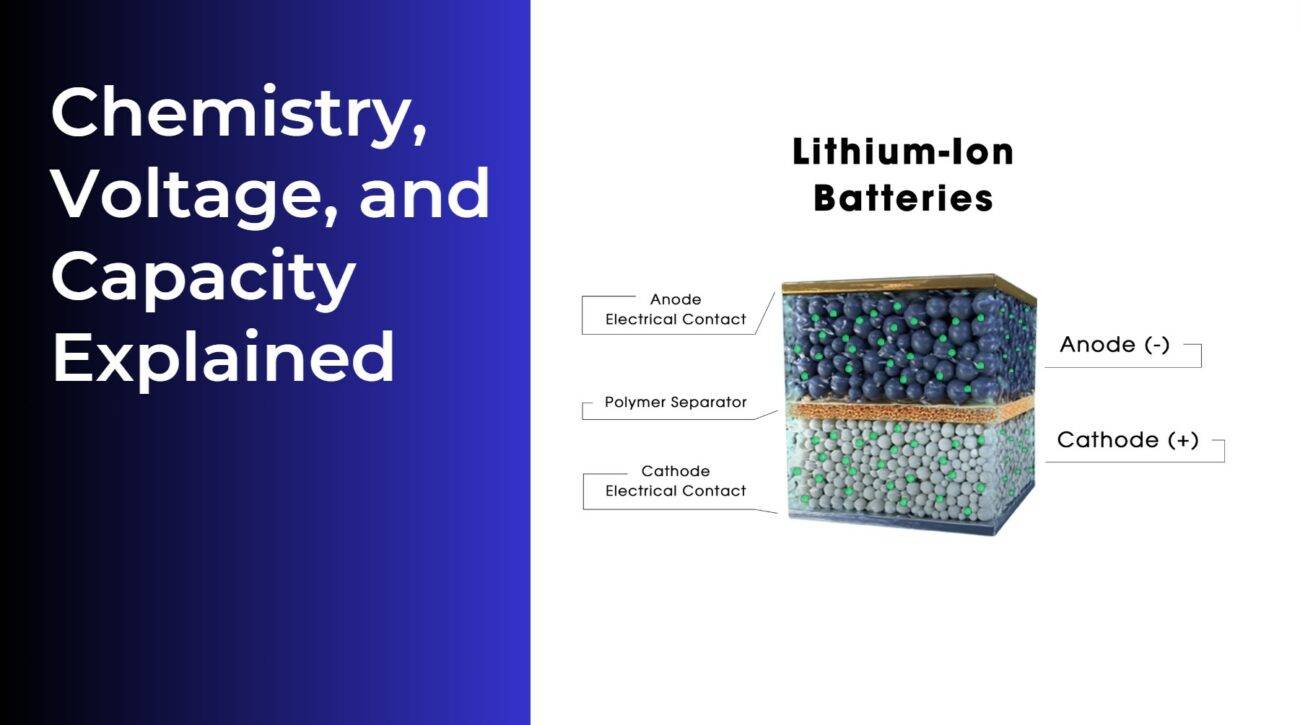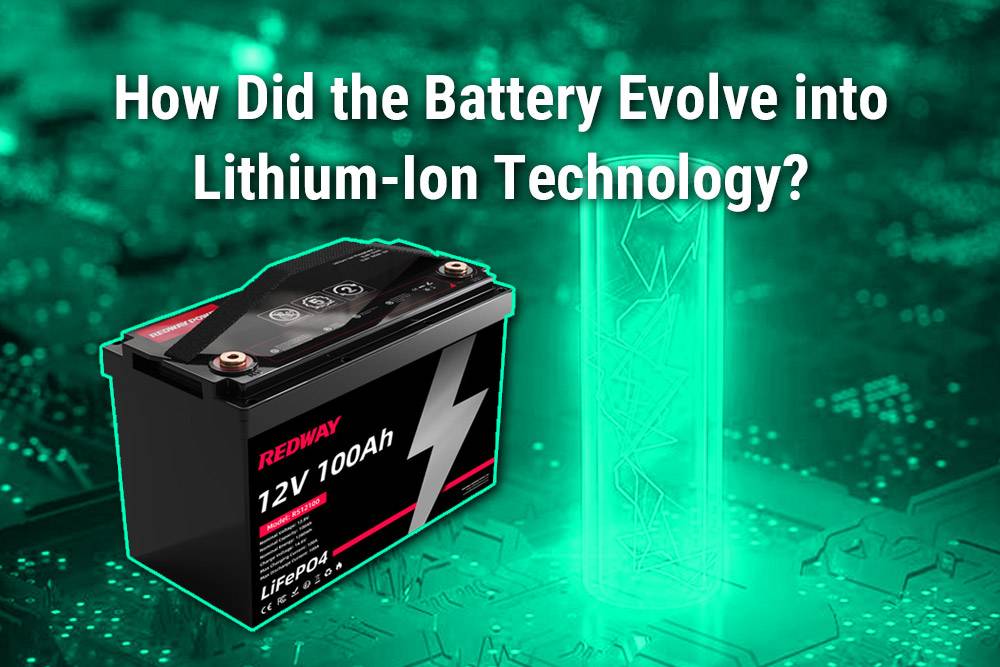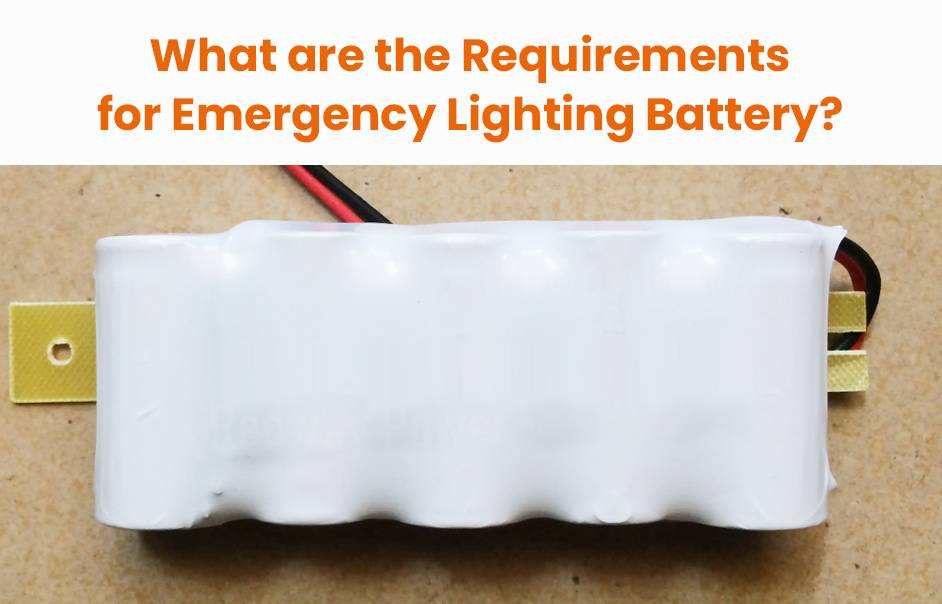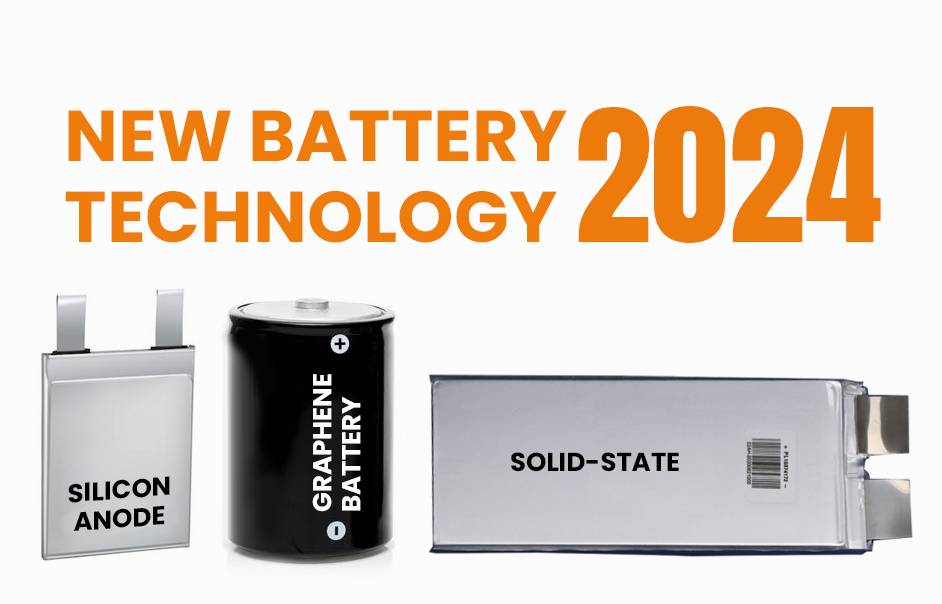Fasten your seatbelts and embark on an enlightening journey into the world of 9-volt batteries! Despite their small size, these powerhouses play a crucial role in various devices. Explore their history, evolution, types, common uses, pros, and cons. Gain valuable tips on proper care and responsible disposal. Let the exploration of 9-volt batteries begin!
How many amperes in a 9-volt battery?
9-volt batteries usually give off between 0.4 to 1.2 amps or 400 to 1200 milliamps of power. When fully charged, they can deliver around 500 milliamps for an hour. The actual power can vary depending on the type of battery, like alkaline or lithium. Remember, different batteries have different strengths.
9-volt batteries vary in power, like athletes with different strengths. Alkaline and lithium types differ; lithium usually lasts longer. While a fully charged battery can give off 500 milliamps, real-life usage varies. Think of it like running a race; batteries start strong but weaken over time. So, choose wisely based on your needs. Alkaline may suffice for short tasks, while lithium suits longer ones. Remember, just as superheroes have different powers, batteries have different strengths. Consider what you need before choosing!
How long do 9v batteries last?
9v batteries last differently depending on usage and type. Alkaline ones can go up to 1 year in low-use items but around 6 months with continuous use. Factors like brand and usage affect lifespan. Always check device performance and choose batteries wisely. Consider your device’s needs for the best choice!
Understanding 9-volt battery lifespan is key. Alkaline types last about a year in devices like smoke detectors with moderate use, but around six months with continuous use. Factors like brand, usage frequency, and device type affect longevity. Checking device performance and replacing batteries when needed is crucial for smooth operation.
Are all 9 volt batteries the same?
Not all 9-volt batteries are alike! They vary in type and quality, affecting performance. Alkaline ones suit low-drain devices, while lithium batteries last longer, ideal for smoke detectors. Consider capacity, longevity, and usage when choosing. Pick the right one for your needs to ensure lasting power and reliability. Understanding these differences helps you make the right choice for lasting power.
Are lithium 9v batteries better other 9v batteries?
Lithium 9-volt batteries last longer and work better in extreme temperatures than other types. They’re great for devices you don’t use often. Though they’re pricier, they pack more energy, handy for things like camera flashes. Consider your needs and budget when choosing between lithium and other batteries.
Let’s talk about why lithium 9-volt batteries are a smart choice. They’re not just any batteries – they’re supercharged power packs!
- Long-Lasting Power:
- Lithium batteries stick around longer and don’t lose their charge as quickly as other batteries. So, if you’ve got a device that doesn’t get used much, these are your go-to.
- Extreme Temperature Performance:
- No matter how hot or cold it gets outside, lithium batteries keep on going strong. They’re like the superheroes of batteries, working in any weather.
- More Power in a Smaller Package:
- Even though they’re smaller, lithium batteries hold more power than other types. Perfect for when you need a quick burst of energy, like for a camera flash.
So, when you’re picking batteries, think about what you need. If you want power that lasts, even in tough conditions, lithium batteries are the way to go!
How do you know if a 9 volt battery is good?
If you want to check if your 9-volt battery is still good, follow these simple steps:
- Look for Signs: Check for leakage, corrosion, or swelling on the battery.
- Test Voltage: Use a multimeter to measure voltage. A good battery should read around 9 volts.
- Optional Load Test: Some multimeters allow a load test to simulate real use.
If unsure, consider replacing for reliable performance.
Types of 9 volt batteries
Discover three types of 9-volt batteries: Alkaline for everyday use, lithium for longer life, and rechargeable options like Ni-Cd, Ni-MH, and Li-Ion. Choose based on your needs and devices.
1. Alkaline Batteries: Commonly found in households, alkaline batteries offer reliable power with a long shelf life. Ideal for low-drain devices like smoke detectors, clocks, and remote controls.
2. Lithium Batteries: With higher energy density, lithium batteries are suitable for high-drain devices like wireless microphones. They have a longer lifespan and better performance in extreme temperatures.
3. Rechargeable Batteries: For an eco-friendly choice, consider rechargeable 9-volt batteries in NiMH or lithium-ion chemistries. These can be reused and require specialized chargers for replenishment.
4. Zinc-Carbon Batteries: Though less common, zinc-carbon 9-volt batteries are available but generally have shorter lifespans. They might be suitable for specific applications but are not as widely used.
Always check your device’s specifications for compatibility before choosing a 9-volt battery type. Understanding these options empowers you to make informed decisions based on your specific needs.
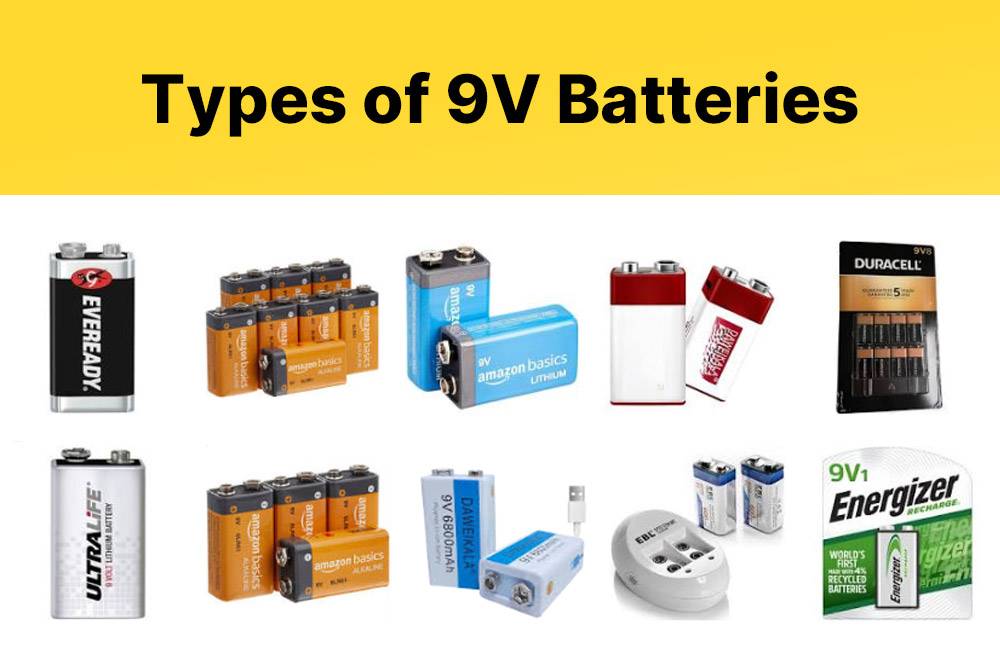
Common uses for 9 volt batteries
Discover common uses for 9-volt batteries: Safety devices like smoke detectors, entertainment gadgets such as radios and guitar pedals, household items like remote controls and toys, tools like multimeters, and medical devices. Enjoy safety and convenience with these versatile power sources!
Discover common uses for 9-volt batteries:
- Safety Devices: Smoke and carbon monoxide detectors.
- Entertainment: Guitar pedals, radios, and walkie-talkies.
- Household Items: Remote controls, toys, and door locks.
- Tools: Digital multimeters and stud finders.
- Medical Devices: Blood sugar monitors and defibrillators.
Pros and cons of using a 9 volt battery
Discover the pros and cons of 9-volt batteries: Small and powerful, they’re great for portable devices but may need frequent replacements and can be pricey. Understanding these trade-offs helps in making informed decisions about their use.
1. Compact Size: A key advantage of 9-volt batteries is their compact size, making them ideal for portable electronics like smoke detectors and remote controls. Easy installation and replacement are facilitated by their small form factor.
2. High Energy Density: These batteries typically boast a high energy density, storing a significant amount of power in a small package. This feature makes them suitable for applications where space is limited or weight needs to be minimized.
3. Leak-Resistant Design: Many 9-volt batteries are designed to be leak-resistant, ensuring they won’t damage devices in case of leakage. This design feature provides assurance that your electronics remain protected.
Drawbacks:
- Shorter Lifespan: 9-volt batteries may have a relatively shorter lifespan compared to larger batteries, necessitating more frequent replacements.
- Cost Considerations: Purchasing new 9-volt batteries can be more expensive than other common sizes, potentially leading to higher costs for devices relying on them.
While 9-volt batteries have limitations in terms of lifespan and cost, ongoing advancements in battery technology may present improved alternatives in the future. Understanding these trade-offs allows for informed decisions based on specific needs.
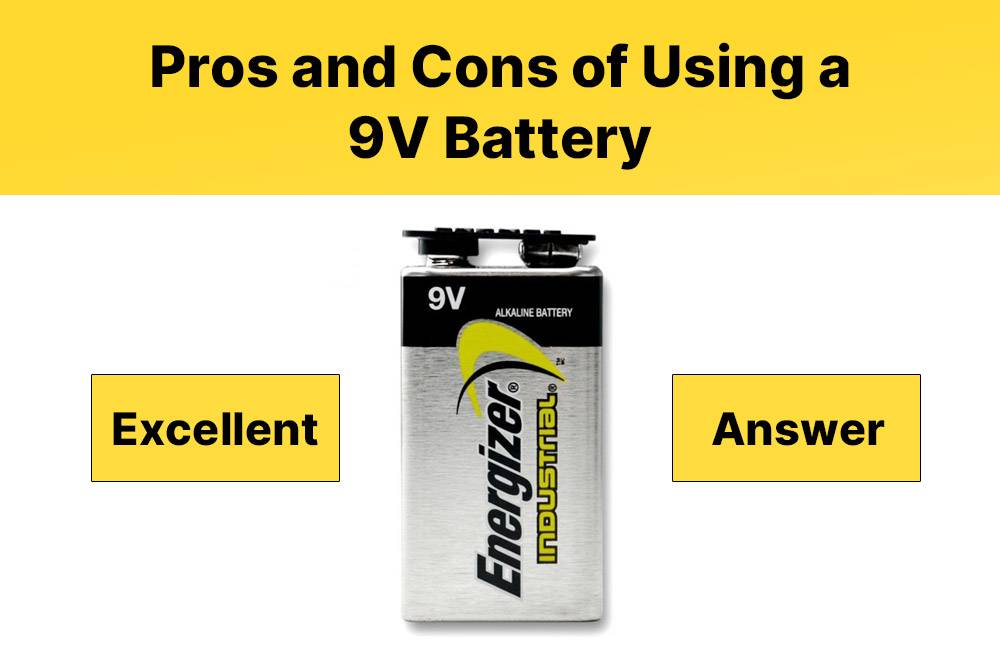
How to properly care for and dispose of 9 volt batteries
To keep 9-volt batteries safe and eco-friendly, store them in a cool, dry place, away from metal and sunlight. When handling, avoid touching terminals and never dismantle the batteries. For disposal, find recycling spots or contact waste management, and remember to tape terminals for safety. These steps promote responsible battery use and environmental protection.
Following these important tips ensures responsible handling of these power sources.
1. Storage: Store unused 9-volt batteries in a cool, dry place away from direct sunlight and metal objects. Avoid proximity to other batteries to prevent leakage or short-circuits.
2. Handling: Handle 9-volt batteries with clean hands to prevent contamination. Refrain from touching the terminals directly and never attempt to disassemble or tamper with the battery.
3. Disposal: Dispose of used 9-volt batteries responsibly by checking for recycling drop-off locations at retailers. If unavailable, contact your local waste management facility for proper disposal guidance. For safety, tape the terminals of used batteries to prevent accidental electrical fires or shocks.
Following these guidelines ensures responsible care and disposal of 9-volt batteries, promoting safety and minimizing environmental impact.
Troubleshooting common issues with 9 volt batteries
Troubleshooting issues with 9-volt batteries is essential for maintaining reliable performance in your devices. Here are practical tips to identify and resolve common problems effectively.
1. Dead Battery: If your device suddenly stops working, use a multimeter to check the battery voltage. If it’s significantly below 9 volts, replace it with a new one.
2. Poor Conductivity: Address poor conductivity caused by dirt or corrosion on battery terminals. Gently clean terminals with a brush or cotton swab dipped in vinegar or lemon juice.
3. Loose Battery: Ensure batteries are securely positioned within their compartment to maintain good contact with device metal contacts. Address any movement or vibrations causing them to become loose.
4. Internal Resistance: For intermittent power loss, check for internal resistance. If certain cells weaken over time, the best solution is to replace the entire battery.
5. Temperature Considerations: Protect 9-volt batteries from extreme temperatures to prevent performance issues, leakage, or reduced capacity.
By applying these troubleshooting tips, you can effectively address common issues with 9-volt batteries, ensuring optimal performance for your devices.
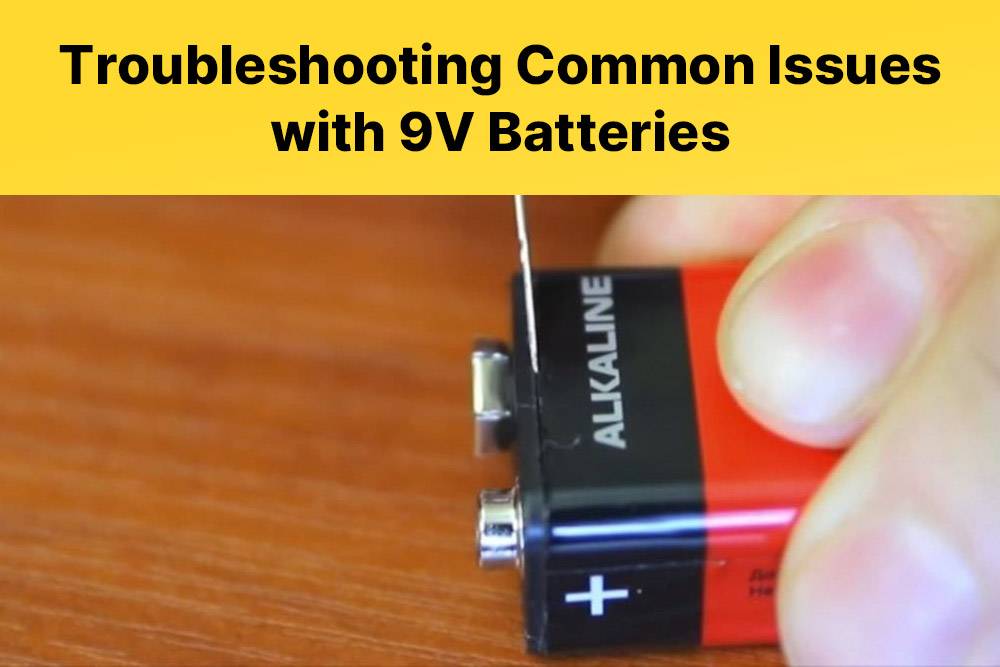
Alternative power sources to consider
While 9-volt batteries have been a reliable choice for powering devices, exploring alternative options can offer added convenience, longevity, and environmental benefits. Let’s delve into some noteworthy alternatives to consider.
1. Rechargeable Batteries: Opt for rechargeable 9-volt batteries, allowing multiple uses and easy charging with a compatible charger. Ideal for high-drain devices like smoke detectors or wireless microphones.
2. Solar-Powered Chargers: Embrace solar-powered chargers, harnessing sunlight to charge various batteries, including 9 volts. Perfect for outdoor use and eco-friendly device powering.
3. Renewable Energy Generators: Consider portable generators that convert wind or hydroelectric power into electricity, offering sustainable ways to charge 9-volt batteries or directly power devices.
4. Innovative Technologies: Explore emerging technologies like fuel cells and supercapacitors. Fuel cells produce electrical energy without combustion, while supercapacitors store and release energy quickly.
While these alternatives present unique advantages, factors such as cost, charging infrastructure, and device compatibility should be considered. Exploring diverse power sources beyond disposable 9-volt batteries opens doors to a continually evolving world of energy options.
FAQs
What are 9-volt battery alternatives?
How to safely remove a 9-volt battery?
How to select the best 9-volt battery?
How to find nearby 9-volt batteries?
How long do 9-volt batteries last?
Ever wondered how long a 9-volt battery will last? The answer may vary depending on usage and quality. Generally, these batteries are known for their long shelf life when stored properly. When it comes to actual use, the lifespan of a 9-volt battery can range from several hours to several months.
Factors like the device’s power consumption, temperature, and brand of the battery all play a role in determining how long it will last. Devices with higher energy requirements will drain the battery faster than low-power ones. It’s always best to keep spare batteries handy for emergencies or critical situations.
For optimal performance and longevity, store your batteries in a cool, dry place away from direct sunlight or extreme temperatures. Remember to check expiration dates before using them to ensure maximum efficiency.
How many amps in a 9-volt battery?
Have you ever wondered about the amps in a 9-volt battery? Well, let’s dive into it!
Typically, a standard alkaline 9-volt battery has around 500 milliamp hours (mAh) of capacity. This means it can deliver a current of up to half an amp for one hour before needing replacement.
However, it’s important to note that different types of batteries may have varying amp ratings based on their chemistry and design. For example, lithium-ion 9-volt batteries may offer higher capacities and longer-lasting power compared to traditional alkaline ones.
When using devices that require a specific amperage from your 9-volt battery, always check the manufacturer’s recommendations to ensure optimal performance. Understanding the amp output of your battery can help you choose the right power source for your electronic devices.
So next time you pick up a pack of 9-volt batteries at the store, remember to consider not just the voltage but also the amperage they provide!
How long to charge a 9.6-volt battery?
Charging a 9.6-volt battery requires attention to detail and the right equipment. Before starting the charging process, make sure you have a compatible charger that is specifically designed for 9.6-volt batteries.
It’s crucial to follow the manufacturer’s guidelines on charging time to avoid overcharging, which can reduce the battery’s lifespan. Typically, it may take several hours to fully charge a 9.6-volt battery, depending on its capacity and current charge level.
During the charging process, monitor the battery closely for any signs of overheating or unusual behavior. If you notice anything out of the ordinary, stop charging immediately and seek professional assistance.
Remember that proper care and maintenance of your 9.6-volt battery will ensure optimal performance and longevity in the long run.
Are all 9-volt batteries alike? Are lithium ones superior?
Are all 9-volt batteries alike? Are lithium ones superior?
While all 9-volt batteries serve the same purpose of providing power, they are not all alike. Lithium 9-volt batteries are known for their longer lifespan and better performance in high-drain devices compared to traditional alkaline batteries. If you want a reliable and long-lasting power source for your devices, consider investing in lithium 9-volt batteries.
Remember to always check the specifications of your device before selecting a battery to ensure compatibility and optimal performance. With these tips and insights into understanding 9-volt batteries, you can confidently power up your devices with the right choice of battery.

